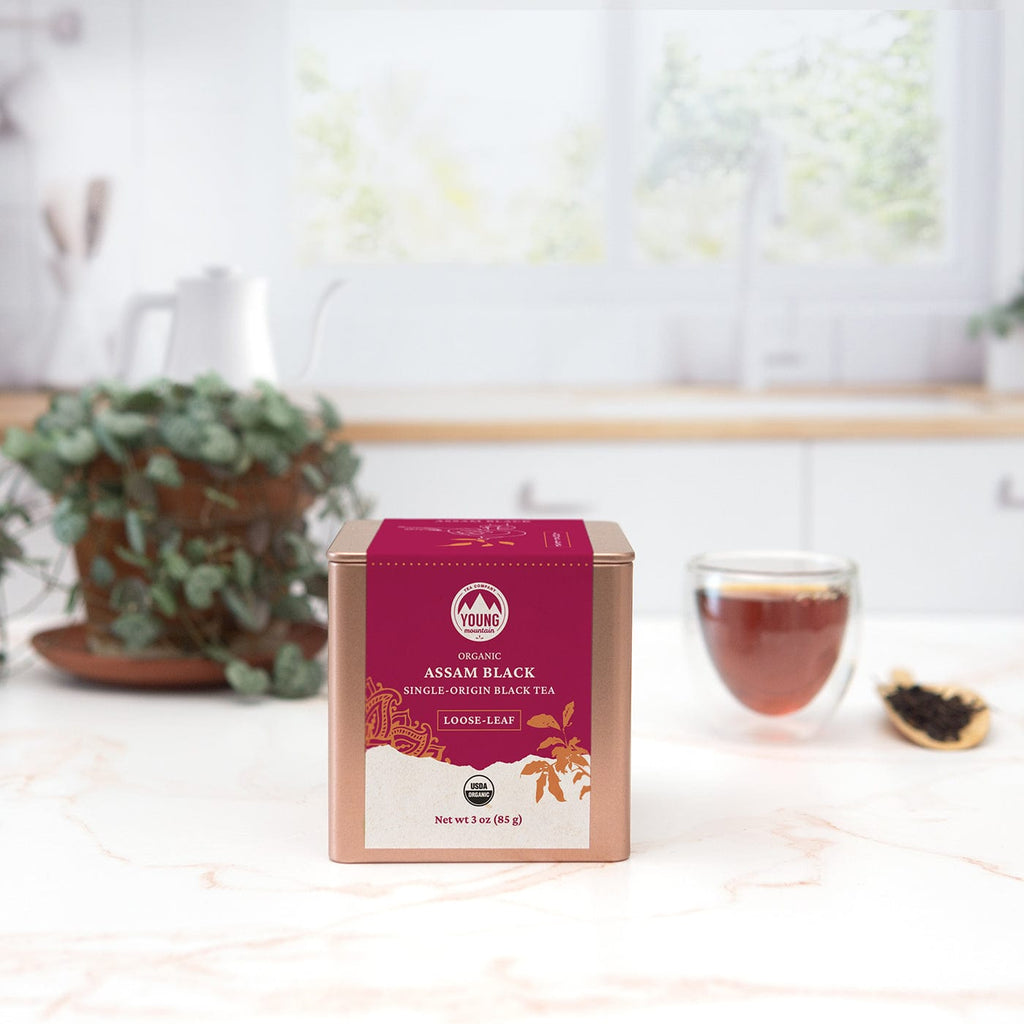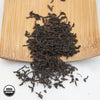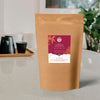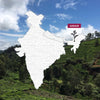




$16.99
Taste: Plump raisin & malty cereal
Origin: Assam, Northeastern Indian tropics
Tea Maker: Chardwar Estate
Infusion Suggestions:
Steep 1 0.5 Tbsp /2.5 g | 8 oz | 210° F | 4 min
Steep 2 8 oz | 210° F | 5 min
Certifications: USDA Organic
Contains Caffeine
Assam Black tea is India’s signature morning cup: strong, bold, and full-bodied enough to handle milk and sugar. It’s the classic tea used for chai and to craft Earl Grey. We source ours from the Chardwar Estate, a garden leading India’s post-colonial approach to tea.
Taste: The strength of Assam Black tea is legendary. Its rich and bold body is balanced by fruity and malty top notes, coming together to make the classic cuppa. The British pioneered new processing techniques with Assam and used the region’s black teas in the world’s first Earl Greys. English Breakfast was traditionally a blend of different Assam teas. We find this tea the ideal pairing for any sweet treat, especially those with dairy. Lovers of English Breakfast, Earl Grey, and those in search of a top-quality chai base will likely enjoy this one.
Production: Assam’s large leafed plants, tropical climate, rich mineral deposits, and nine-month growing season make it the most productive tea growing region in the world. Tea makers have to race to keep up with the plant's growth, processing tea night and day as the plants flush round after round of new tea leaf. The large size and strength of the leaf in the clones used for Assam Black requires that tea makers work the material much harder than other tea types to allow all the tea’s qualities to be fully expressed.
Region: Assam is the world’s most productive tea region. Deep in the tropical jungles just off the mighty Brahmaputra River, the low-elevation tea plants are incredibly prolific and have larger leaves than the mountain varieties. The British built Assam and, along with it, the foundations for their global tea empire at an unbelievably quick speed. Within 40 years of establishing the first plantations, India overtook China as the largest tea producer in the world. Today most Assam teas end up in tea bags. The leaves go through a multistage processing technique known as CTC (cut-tear-curl). Breaking the leaves into the smallest bits, the abundance of surface area makes the leaf particles release all their flavor notes in a single steep. In contrast, the orothodox style of production used to make Chardward’s Assam Black Tea keeps the tea more in tact, setting the stage for more robust and well rounded infusions. Read our blog about this region here.
Tea Makers: The Chardwar Estate is one of the projects taken on by Tea Promoters of India (TPI), a unique Indian-owned company working to change the Indian tea industry from the inside out. TPI was one of the earliest adopters of organic and biodynamic practices in Assam, and also one of the first to advocate for women’s education among Assam’s tea workers, including reproductive health. TPI has a tradition of purchasing traditionally colonial tea gardens, then reinventing them to benefit the local people and soils. Chardwar fits that mold. In 2015, when Chardwar was on the verge of failure, TPI purchased the garden and has been reviving it and the nearby community ever since. The name Chardwar translates to "Four Doors" and is a nod to a story about the garden offering four doors to heaven.
Impact: Tea Promoters of India, the India-based owners of this tea garden is dedicated to imagining a better future. They were one of the first companies in Assam to consider what a post-colonial model of tea could look like. Their efforts pre-date the fair trade concept, and, in fact, fair trade certifiers have based their standards off of practices that began at TPI’s gardens. Today, TPI is actively involved in supporting the development of new supply chains to bring emerging tea makers’ wares to the worldwide market.
Packaging: Our commitment to sustainability means we offer our teas in several types of packaging:
